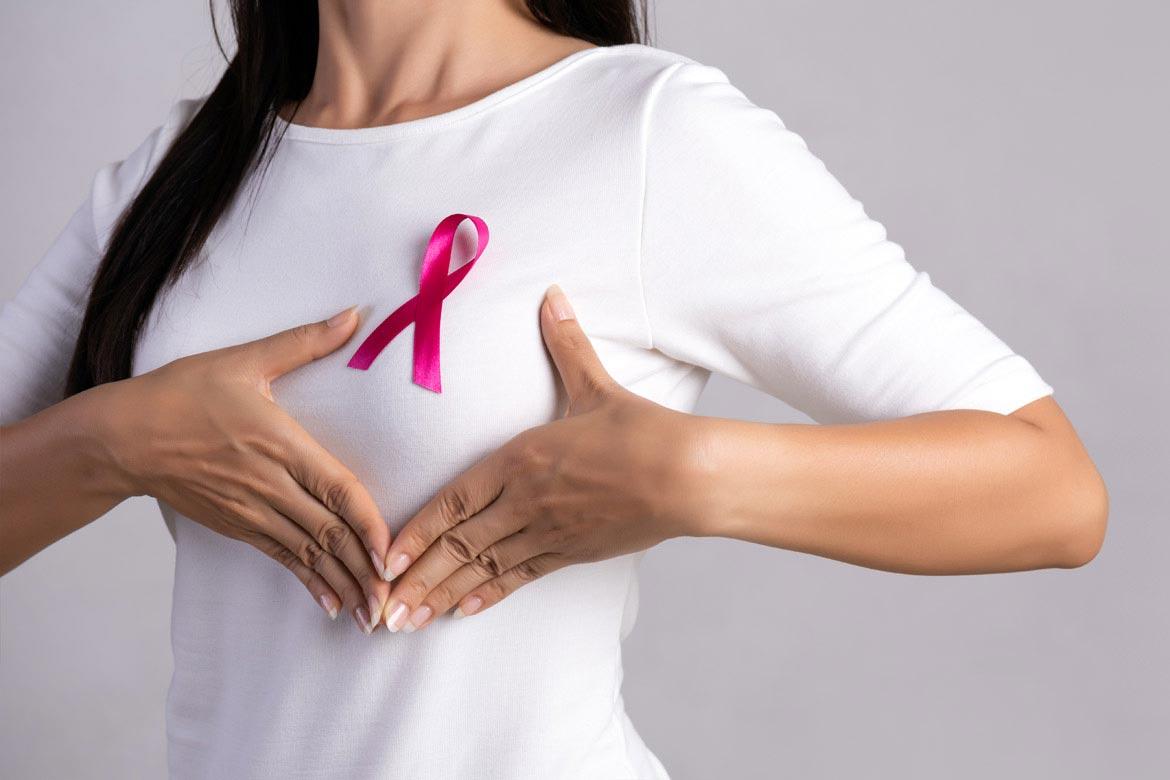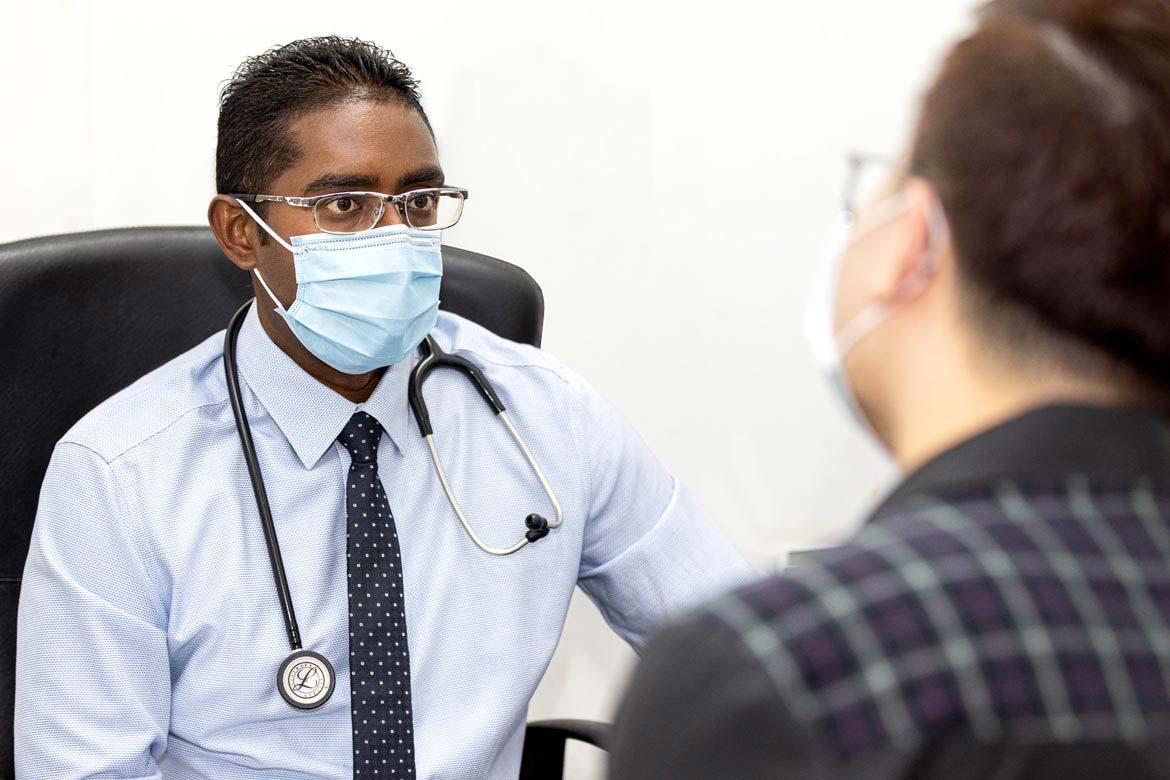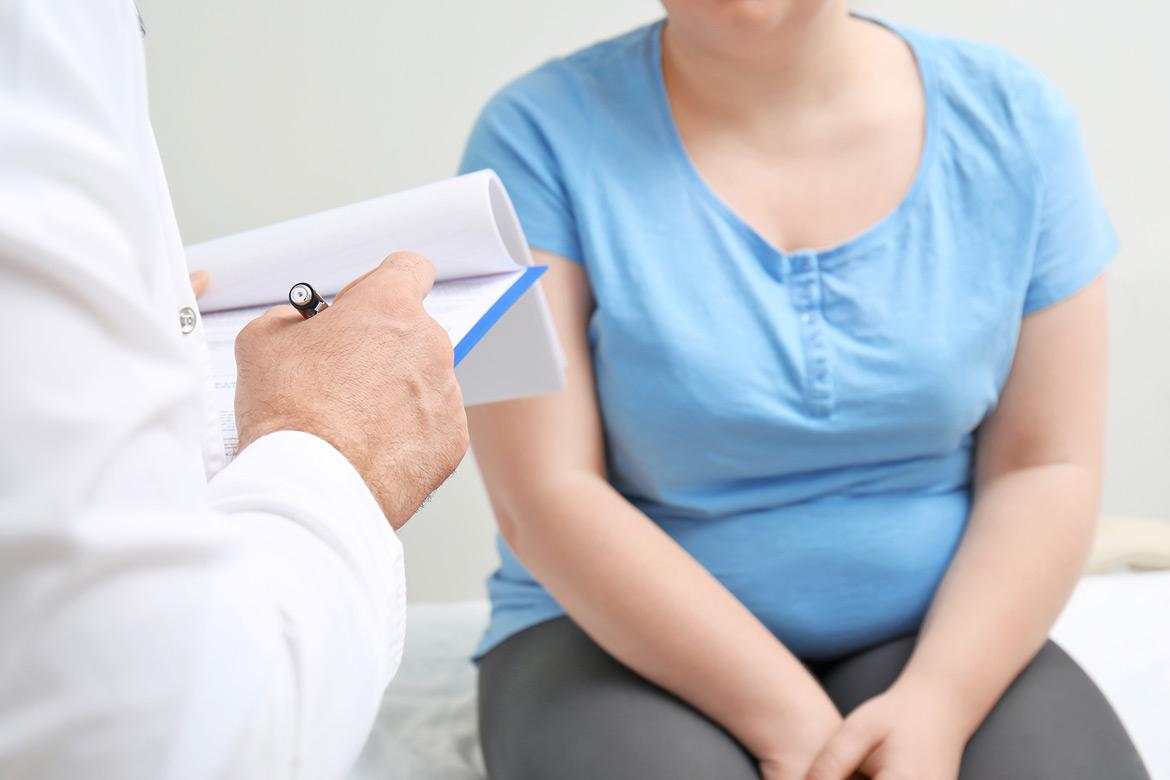
Diverticulosis & Diverticulitis
How is diverticular disease diagnosed?
Following a thorough review of your medical history, your doctor may perform a physical examination with one or more of the following tests:
- Barium enema. This procedure utilises X-rays and a liquid called barium to examine the large intestine. The large intestine is filled with barium using a flexible tube inserted through the anus. The barium will make the large intestine more visible on an X-ray.
- Colonoscopy, which uses a long, flexible and narrow tube with a camera attached to its end to have a good view of the insides of the rectum and colon. This procedure may be done to confirm a diagnosis of diverticular disease and rule out other conditions.
- Computerised tomography (CT) scan to diagnose diverticular disease and diverticulitis. In this procedure, a combination of X-rays and computer technology is used to visualise the gastrointestinal tract.
How is diverticular disease treated?
Asymptomatic diverticular disease does not require any treatment.
Diverticulitis is treated with antibiotics and bowel rest. However, surgery will be required for patients who are not responding to antibiotics, or who have a colonic perforation or intra-abdominal abscess.
Most episodes of diverticular bleeding stop spontaneously, although some patients may need to be admitted to hospital and may need blood product transfusions.
Patients with massive bleeding may require emergency surgery to remove the colon in order to stop the bleeding.
Lifestyle changes
Diverticular disease isn't known to be triggered by any particular foods.
However, those with diverticular disease should consume a diet that is rich in fibre, such as:
- Fruits
- Vegetables
- Beans
- Pulses (grain legumes)
Drink plenty of fluids to prevent bloating and wind. For diverticulitis, a fluid-only diet may be recommended for a few days until symptoms improve, followed by a high-fibre diet upon recovery.
Medicine
Your doctor may prescribe medicine such as:
- Painkillers (such as paracetamol), which can be used to relieve pain in diverticular disease.
- A bulk-forming laxative to help ease constipation or diarrhoea.
- Antibiotics or stronger painkillers to relieve pain in diverticulitis.
More severe cases of diverticulitis may need to be treated in the hospital.
Surgery
Bowel resection surgery may be needed to treat rare cases of serious complications of diverticulitis. These include:
- Fistulas, an abnormal connection between two organs.
- Peritonitis, an infection of the abdominal cavity.
- Blockage in the intestines.
Bowel resection involves the removal of diseased segments of the intestine and then reconnecting the healthy segments. If it’s not possible to reconnect the colon and the rectum, a colostomy will be performed.
This coverage checker is brought to you by Health Insured, an online resource that helps you understand your health coverage in Singapore.
This page has been reviewed by our medical content reviewers.
Need help?
For enquiries, please call
+65 6250 0000 (Orchard) or +65 6898 6898 (Novena)
For appointment bookings, please WhatsApp
+65 8111 7777 (Orchard) or +65 8111 5777 (Novena)
 Brain & Spine Care
Brain & Spine Care








